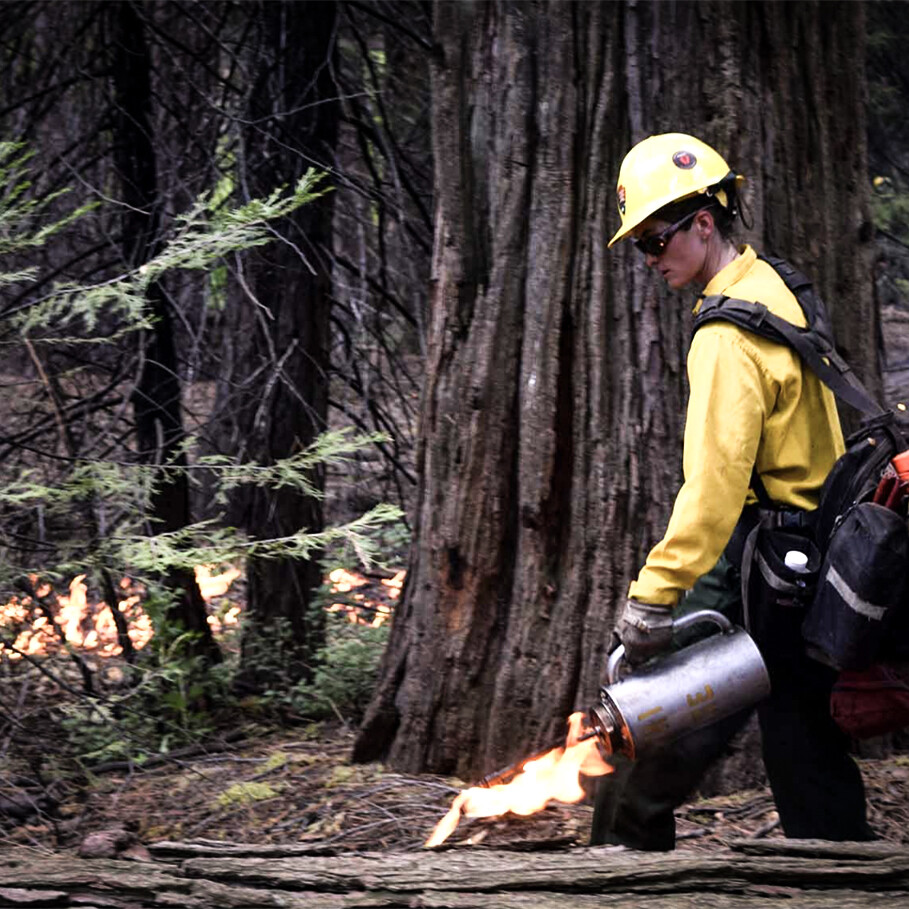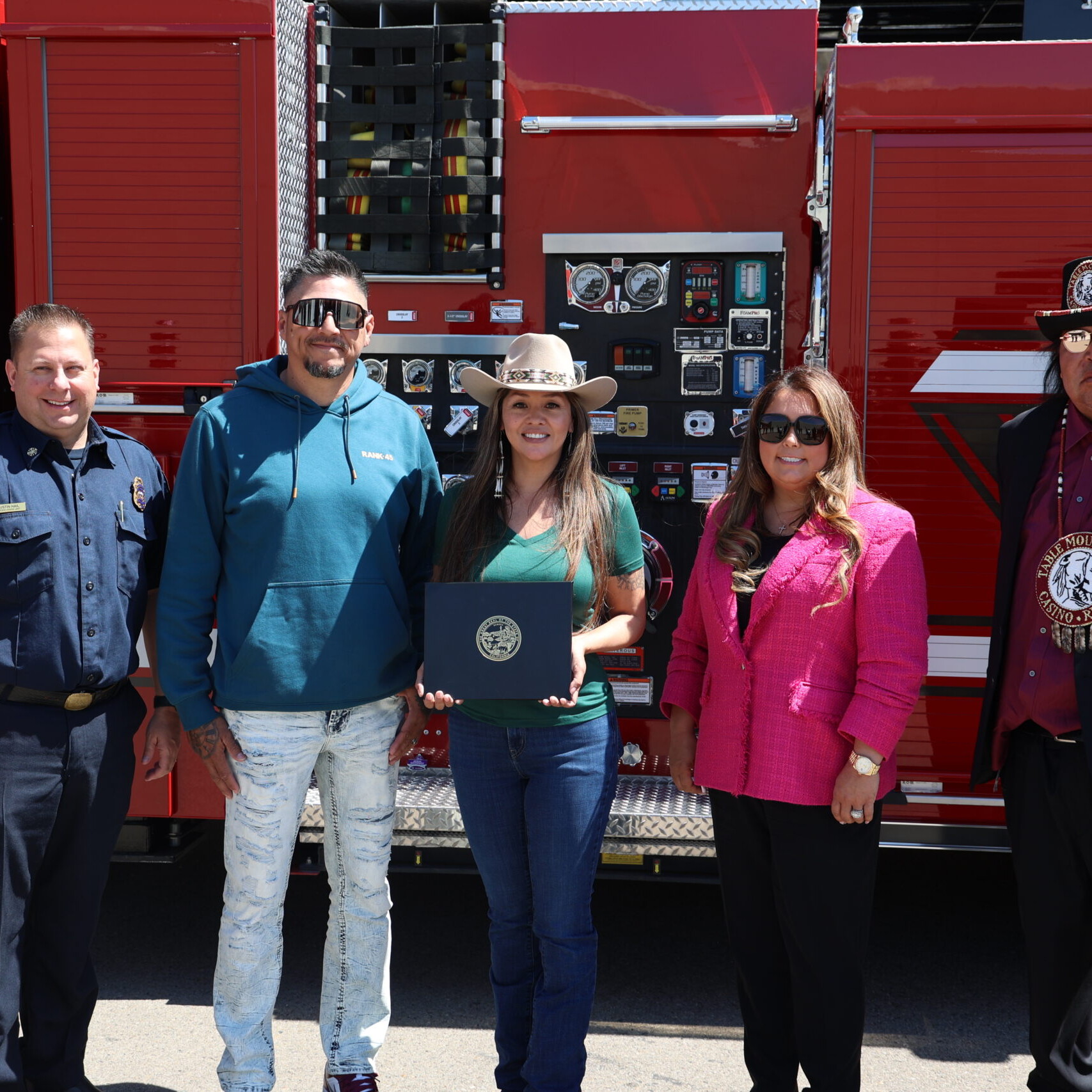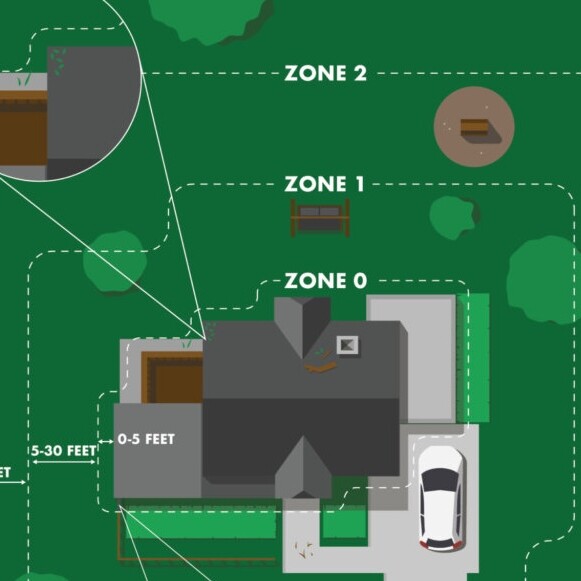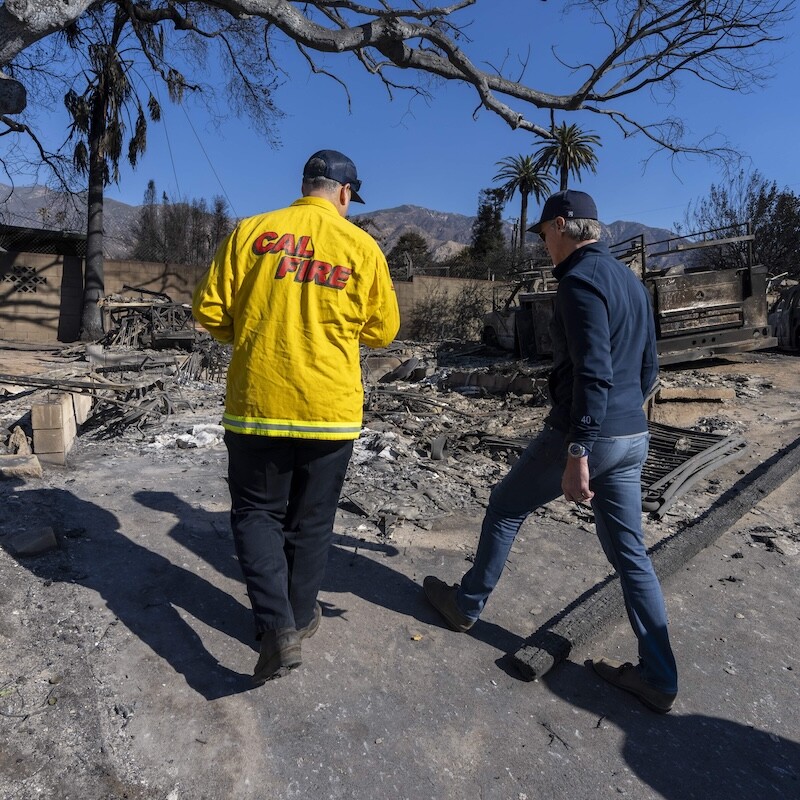Fire-Adapted Communities
The challenges involved in adapting communities to be more fire resilient are remarkably vast and diverse. It’s also inherently local, as no two areas in the state have the exact same set of needs, values, risks, and capacities. By aligning resources, tools and organizations, the California Wildfire & Forest Resilience Task Force is uniquely structured to address the scope and complexity of resourcing and supporting communities to achieve a more resilient future.
Explore Key Issues in Fire Adapted Communities
UPDATES
resources
Community Risk Reduction & Adaptation Planning
WUI Structure/Parcel/Community Fire Hazard Mitigation Methodology (NIST Technical Note 2205)
The State of California’s Adaptation Planning Guide provides comprehensive guidance for assessing climate vulnerability and adapting to climate change,
OPR’s Fire Hazard Planning Technical Advisory
UCANR – Building to Coexist with Fire: Risk Reduction Measures for New Development
Wildfire-Prone Home & Neighborhood Protection
CAL FIRE’s Defensible Space Program
CalOES/CAL FIRE – California Wildfire Mitigation Program
Appendix A in the WUI Structure/Parcel/Community Fire Hazard Mitigation Methodology
FIre-Safe Roadways & Utilities
Caltrans – Vegetation Management Program
CNRA – Office of Energy Infrastructure
Plan for Smoke Impact
CARB – Protect Yourself from Wildfire Smoke
CA Smoke Spotter App
Asbestos and Natural Disasters Guide
Work Group: Fire-Adapted Communities
Partnering Organizations
Work Group lead
University of California Cooperative Extension – Yana Valachovic
CAL FIRE – Tadashi Moody
CA Dept. of Conservation – Nic Entice
Caltrans – Lisa Worthington
California Air Resources Board – Carmen Tubbesing
Moore Foundation Strategic Advisor – Kate Dargan
CA Dept. of Housing & Community Development – Clay Kerchof
Office of Planning & Research – Michael Maguire
USFS, Pacific SW Region – Barbara Geringer-Frazer
CA Forestry Stewardship Council – Jacy Hyde
ForEverGreen Forestry – Tracy Katelman
CA Wildfire Mitigation Program – J. Lopez
CA Dept. of Insurance – Mike Peterson
Butte County Fire Safe Council – Calli-Jane West
Insurance Institute for Business & Home Safety – Steven Hawks
Energy Safety – Susie Rose
California Department of Public Health – Patrice Chamberlain
Frank Bigelow, CAL FIRE
Work Group Facilitator
Michelle Medley-Daniel, FAC Net/WRTC
Special Project Leads
Erik de Kok, Ascent Environmental
Laura Tam, Resources Legacy Fund
Molly Mowery, Community Wildfire Planning Center
Key Actions Assigned:
2.1 – 2.32




